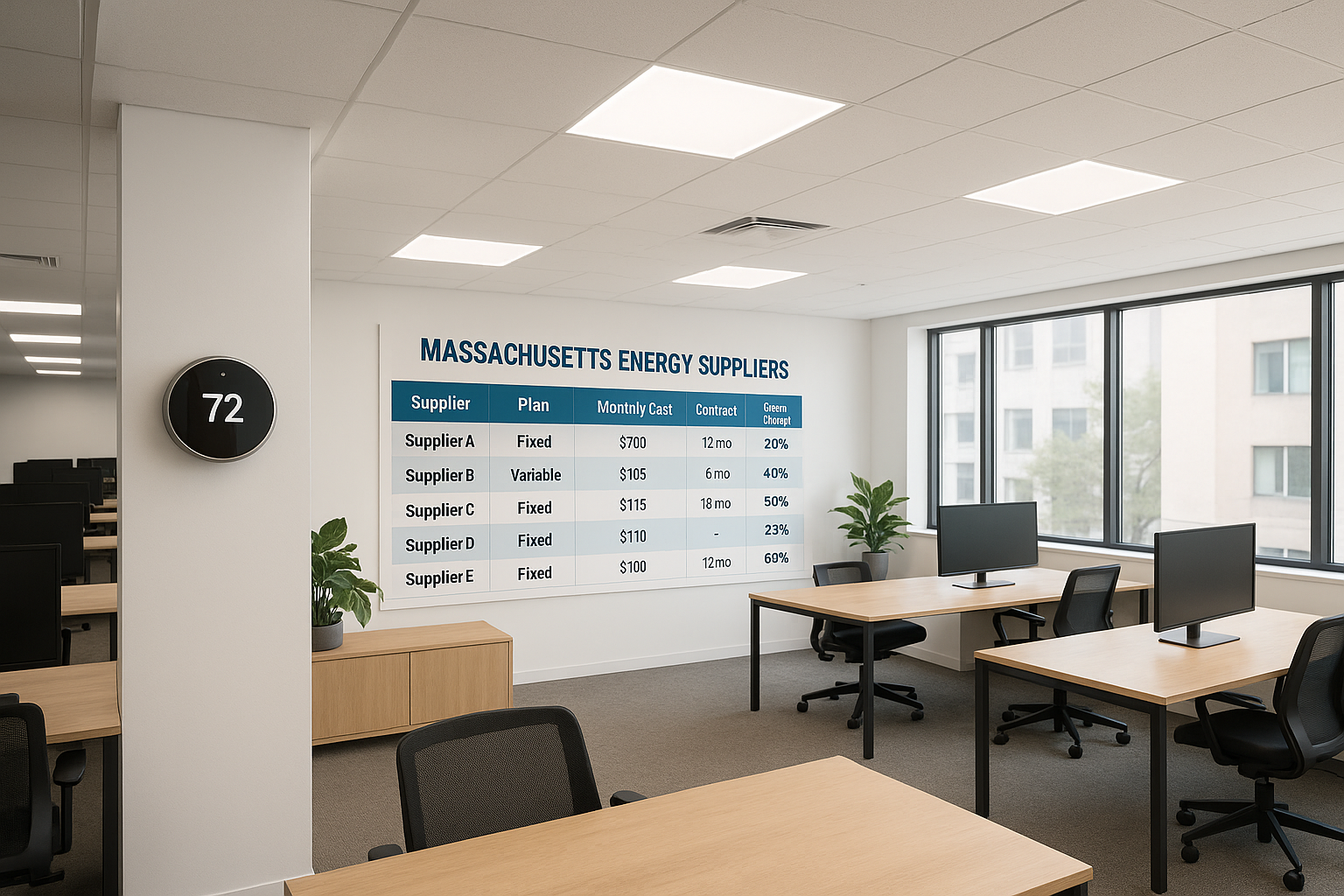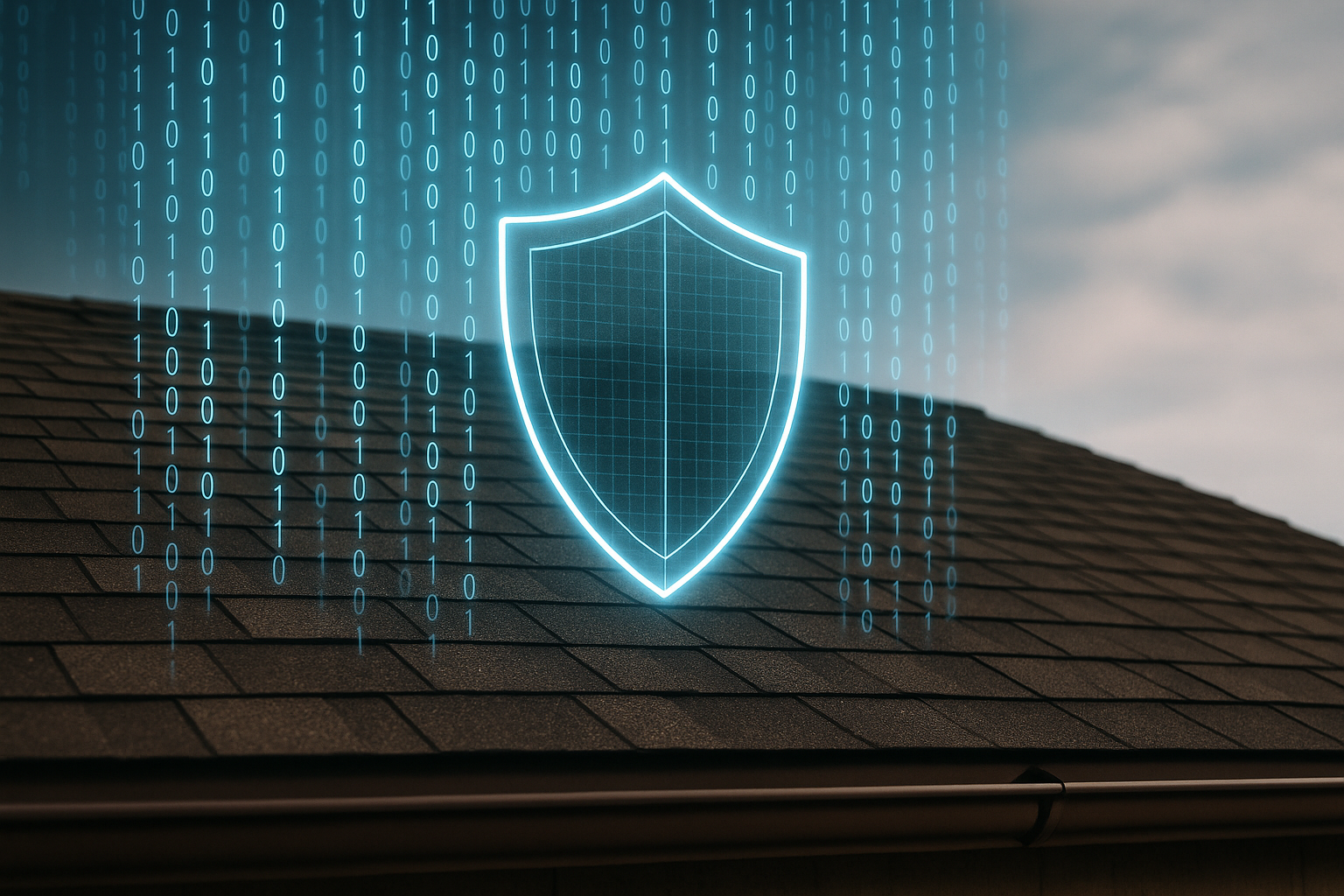Supercharge Your Knowledge with Electric Vehicle Charging Secrets
Unlock the secrets of electric vehicle charging and discover how you can optimize your experience by browsing options that reveal cost-saving strategies, efficiency tips, and the latest technology innovations.
Understanding Electric Vehicle Charging
Electric vehicles (EVs) are transforming the automotive industry, offering a cleaner, more sustainable mode of transportation. However, one of the key considerations for EV owners is the charging process. Understanding the nuances of EV charging can significantly enhance your ownership experience, allowing you to maximize convenience and minimize costs.
Types of Electric Vehicle Chargers
EV chargers are generally categorized into three levels, each offering different charging speeds and capabilities.
- Level 1 Chargers: These are the most basic chargers, typically using a standard 120-volt outlet. They are best suited for overnight charging at home, providing around 2 to 5 miles of range per hour of charging.
- Level 2 Chargers: Offering a faster charging option, Level 2 chargers use a 240-volt outlet, similar to what is used for large household appliances. They can deliver 10 to 60 miles of range per hour, making them ideal for both home and public charging stations.
- DC Fast Chargers: These chargers provide the quickest charging solution, delivering up to 80% charge in as little as 20 to 30 minutes. They are primarily found in public charging stations, especially along highways and in urban areas.
Cost Considerations and Charging Efficiency
The cost of charging an EV can vary based on several factors, including the type of charger, location, and electricity rates. On average, charging at home with a Level 2 charger costs between $0.10 to $0.20 per kWh, which translates to approximately $3 to $7 for a full charge, depending on the vehicle's battery capacity1.
Public charging stations often have different pricing models, such as pay-per-use or subscription plans. Some networks, like Tesla's Supercharger, offer competitive rates and even free charging for certain models2. Monitoring your charging habits and exploring various charging networks can lead to substantial savings.
Technological Innovations in EV Charging
The EV charging landscape is rapidly evolving, with advancements in technology enhancing the efficiency and accessibility of chargers. Smart charging solutions allow users to schedule charging times, taking advantage of off-peak electricity rates, and integrating renewable energy sources3.
Furthermore, wireless charging technology is emerging, promising a future where EVs can be charged simply by parking over a charging pad. This innovation could revolutionize convenience, eliminating the need for physical plug-in connections4.
Maximizing Your EV Charging Experience
To make the most of your EV charging experience, consider these strategies:
- Plan Your Routes: Use apps and websites to locate charging stations along your route, ensuring you never run out of power unexpectedly.
- Take Advantage of Incentives: Many regions offer rebates or incentives for installing home charging stations, reducing initial setup costs.
- Explore Charging Networks: Different networks offer varied pricing and access benefits. Compare options to find the best fit for your needs.
- Stay Informed: Keep up with the latest charging technologies and updates to optimize your EV's performance and efficiency.
By understanding and leveraging these aspects of electric vehicle charging, you can enjoy a seamless and cost-effective EV ownership experience. As you explore the options and solutions available, you'll be better equipped to make informed decisions that align with your lifestyle and budget.








